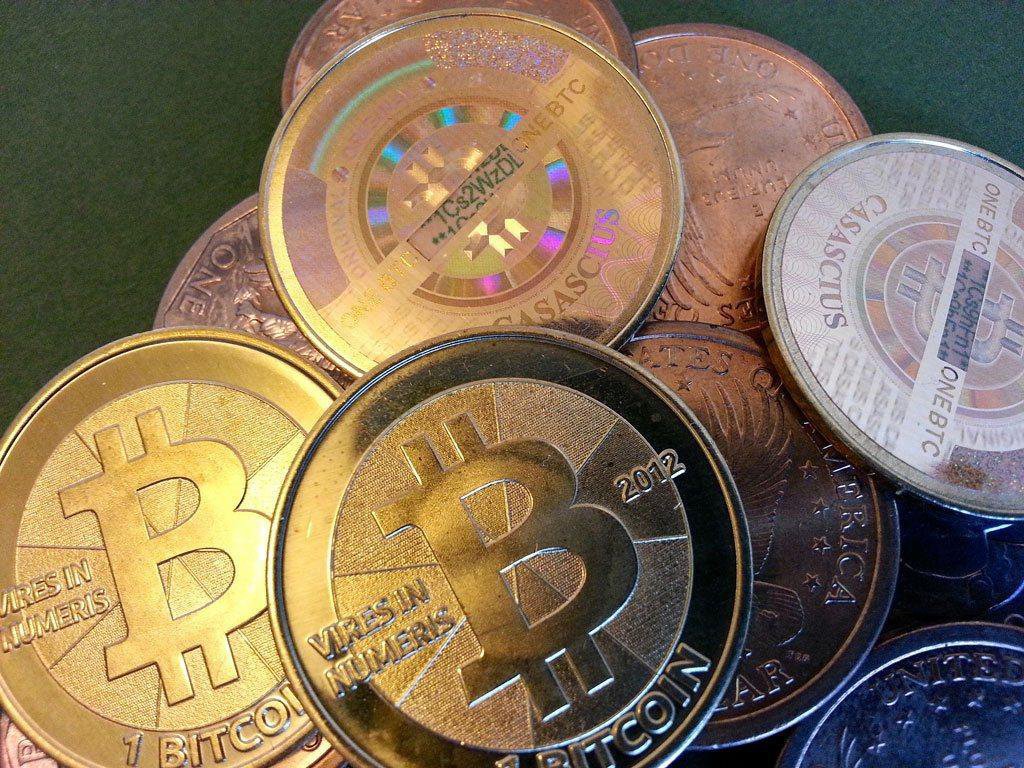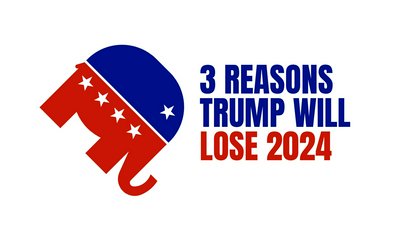economyParis
The Security and Insecurity of Cryptocurrencies
In 2017, DrJLT made five predictions on where the future lies for cryptocurrencies....
Published by Dr Jiulin Teng on 26 Feb 2020 · Updated on 25 Jul 2021

Largely founded on the distrust of the current banking system, the first cryptocurrency, bitcoin, aims to provide a deflationary alternative that is independent of governmental policies and governments. Over a thousand cryptocurrencies have appeared in the ecosystem, sometimes doing away with the deflationary promise. Let's look at some obvious points of security and insecurity cryptocurrencies provide and take a guess at the extent of their future success.
Securities and insecurities
The first point of security is their international nature, being independent of all governments. This potentially entails higher stability. They should be relatively safe from the succession of governments and governance ideologies. Whenever and wherever governmental solutions are questioned, cryptocurrencies should be expected to rise in value. For example, the current price of bitcoin is much higher in several African countries not known for political stability. This leads some supporters of bitcoin to suggest that it could function as a store of value, essentially digital gold. Indeed, this could be an important use case: like gold, cryptocurrencies are independent of all governments; like gold, the value of cryptocurrencies come primarily from consensus; like gold, cryptocurrencies can have limited total supply and require costly mining; like gold, therefore, cryptocurrencies can be deflationary. The argument of cryptocurrencies such as bitcoin over gold is that as a string of code they can be moved around quickly and easily.
The first point of insecurity is a byproduct of this independence of governments, as there is no known means of enforcement. Cryptocurrencies (coins) can spin off (through contentious hard forks) new ones just like stocks do. For investors, this is good news, as new coins are given to them for free. Theoretically, the value of spin offs is priced in, but this isn't even the case for stocks which tend to recover quickly; for cryptocurrencies, the dollar price of spin offs isn't even taken from the original — the original coin stays as valuable as before the split, and the new coin gains value out of thin air. The problem with this is that what was supposed to be deflationary in practice has had higher inflation than all main currencies. Further, these coins are curated by developers that succeed each other. New developers tend not to share fully the originals' vision and would introduce modifications. In other words, there is no existing mechanism that could hold cryptocurrencies to their original promises.
The second point of security is the independence of banks. The original purposes of banks include deposits and lending. The role of deposit becomes irrelevant when each individual can have full, secure control of their coins anywhere in the world, including sending and receiving them at little or no cost (depending on the choice of coins). The role of lending could also be replaced by smart contracts incorporated in the cryptocurrencies. This independence potentially resolves a major inefficiency in our economy: Banks, while playing the central role in our economic lives, are profit-seeking corporations. By definition, they cannot run a profit if they were efficient. Cryptocurrencies, on the other hand, could be made to charge only the energy cost to keep the records of all transactions and thereby help us approach efficient resource and product allocation.
The second point of insecurity is a byproduct of this independence of banks. However one's opinion of these institutions may be, banks at least in the last century have been relatively stable. Few have gone under. All have invested heavily in their infrastructure to ensure stability if not efficiency. For cryptocurrencies to function, nodes on the internet around the world must be maintained, and for some coins such as bitcoin a high hashrate from mining is also essential. They must therefore be at the mercy of infrastructures not designed for a crypto world. If nodes or major miners for some reason go offline, cryptocurrencies could be paralyzed. In their short existence, major hacks have already taken place. If and when cryptocurrencies become an existential threat to banking, we could expect contentious moves on the infrastructures that support cryptocurrencies as an extension to the competition between two paradigms.
The third point of security, for coins that are deflationary, is the guard from loose monetary policies of central banks. This point is quite easy to understand, as issuance and the total amount are hard-coded into the currencies. Cryptocurrencies are therefore resilient from programs such as quantitative easing. Interests are also unnecessary and entirely avoided.
The third point of insecurity is that deflationary currencies cannot function in our current economic paradigm. Money in an economy can be invested for returns or spend for products or services. Lending would become difficult when the inherent inflation rate is negative, and so would spending. Taken to the extreme, the most profitable business activity would be to sit on bitcoin and avoid using it as much as possible because it'll be even more valuable tomorrow.
What lies ahead
From these six points, I guess something interesting will happen in the cryptocurrency world in the near future, but that it most likely would fall short of replacing fiat money:
- Cryptocurrencies will be widely adopted for easier handling and improved security.
- We'll have more efficient resource allocation thanks for cryptocurrencies.
- Governments will become backers of cryptocurrencies.
- The role of banks will change.
- Deflationary cryptocurrencies will not have the most success as money, but they may become "digital gold".
This article was originally published on my old site jlteng.com on 3 December 2017.



